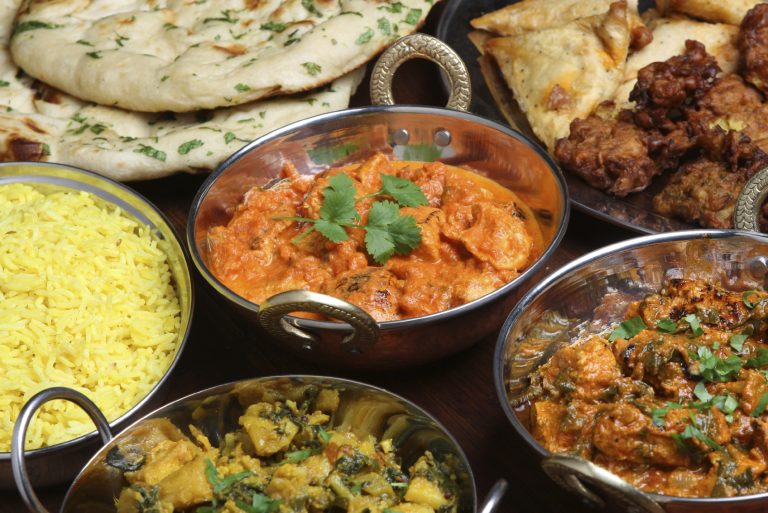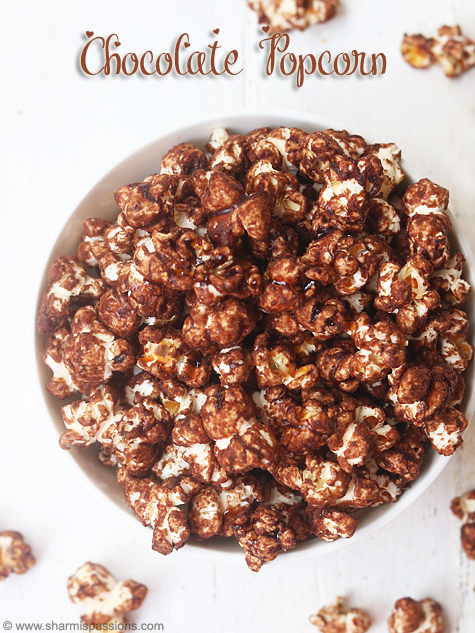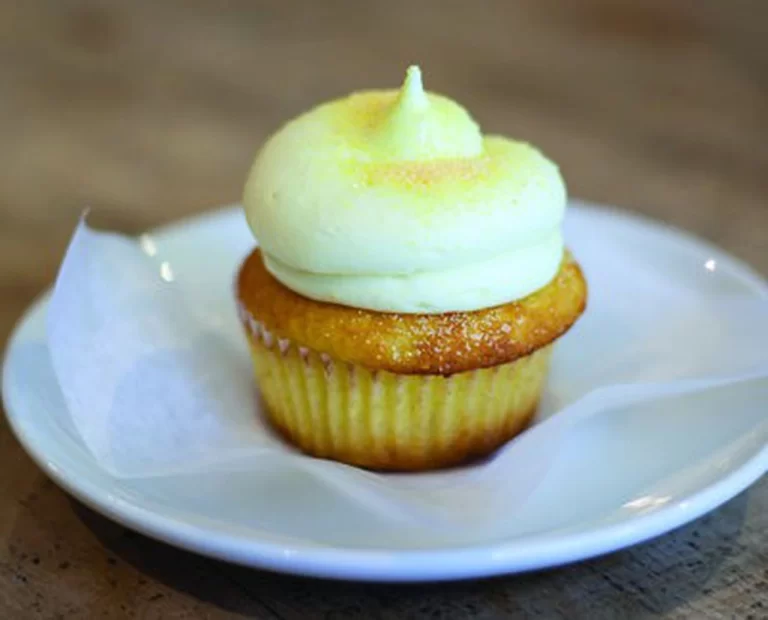Wagyu beef, which is produced in Japan, is gaining appeal across the world. Wagyu literally means Japanese cow. This premium beef is appreciated for its rich, marbled texture and buttery flavour. Kuroge, Japanese Black, Akage, Japanese Brown, Nihon Tankaku, Japanese Shorthorn, and Mukaku, Japanese Polled are the four primary breeds of wagyu beef. These cows have more inter-muscular fat cells that are distributed more uniformly throughout their muscles as a result of their physical endurance. The Japanese government has strict rules in place to protect the value and purity of the meat. Read the blog to know more about it.
Wagyu beef is ranked by two key factors

- The amount of meat that can be produced and the quality of the marbled fat are the two key factors. In Japan, only A3 – A5 grades are certified for sale and the greater the grade, the higher the price.
- Wagyu beef has achieved legendary reputation across the world. This gave rise to several stories and legends, such as the cows being fed beer and receiving regular massages.
- Wagyu beef is bred differently in each location, but in general, it is reared by a breeder until it is 10 months old, at which point it is auctioned off to a fattening farm.
- Farmers who fatten them will confine them in small quarters and feed them a fibre and high energy concentrate made from rice, wheat, and hay. For nearly two years, they are fed three times a day until they are 50% fat. Only pregnant cows and breeding animals are permitted to graze on pastures.
- The length of the fattening process, as well as the import prices of concentrated feed, raise the price of beef. During the fattening stage, each cow consumes 5 tonnes of feed.
- Wagyu beef is commonly sought after for its high marbling. Read more wagyu blog to know more about them
Wagyu’s value has increased by more than 200% in the last five years. When it comes to producing high-quality Wagyu in the future, Japan may have some competition. Countries such as the United States, Australia, and the United Kingdom have been working on breeding their own Wagyu. They rely mostly on cross breeding, with just 50% pure bread, but this may soon change.













